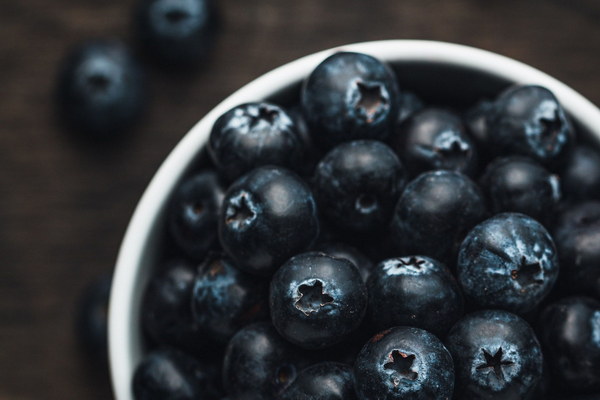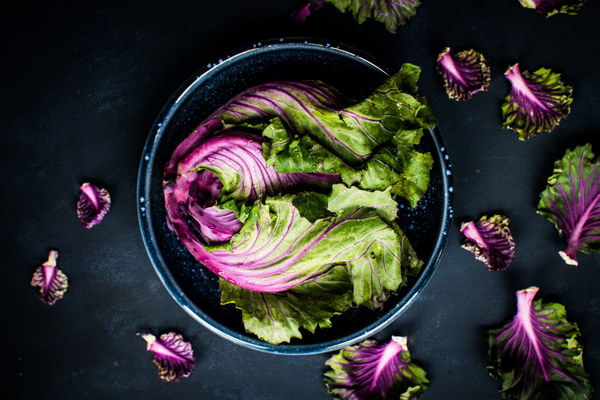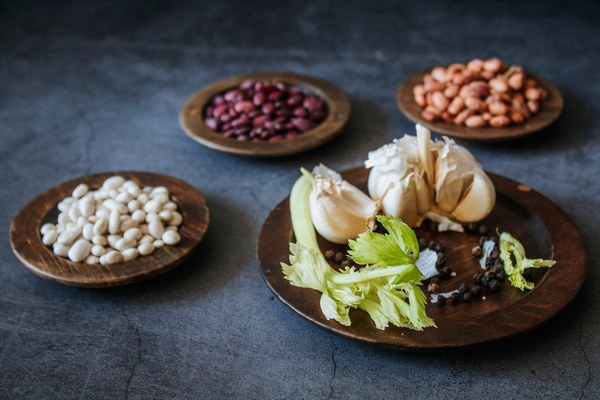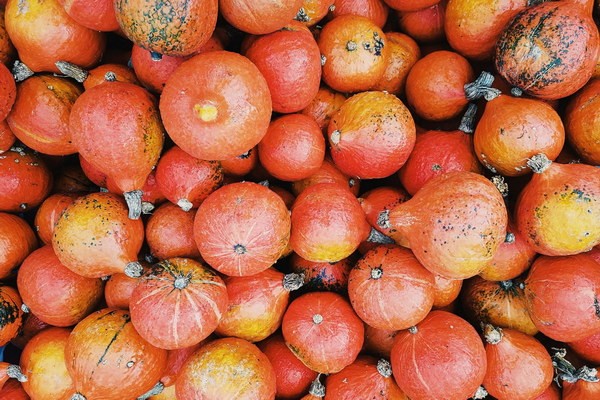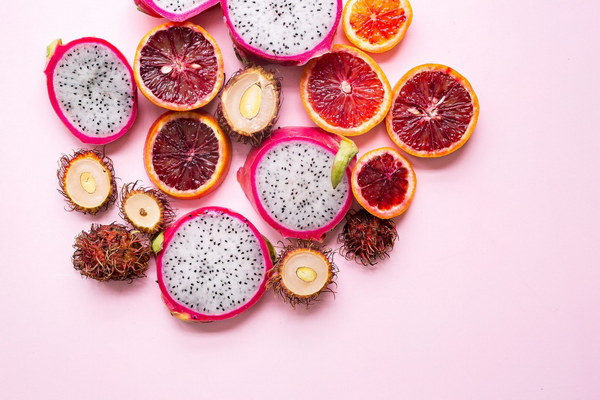Does Drinking Goji Tea for Kidney Health Really Work
Introduction:
In recent years, goji tea has gained popularity as a natural remedy for kidney health. Many people believe that this traditional Chinese beverage can improve kidney function and boost overall well-being. However, the question remains: does drinking goji tea for kidney health really work? Let's explore the benefits, scientific evidence, and potential risks associated with consuming goji tea.
Benefits of Goji Tea:
1. Rich in Antioxidants:
Goji tea is made from the dried berries of the goji plant, which are rich in antioxidants. These compounds help protect cells from damage caused by free radicals, which can contribute to kidney disease and other health issues.
2. Anti-inflammatory Properties:
Goji tea has been found to possess anti-inflammatory properties, which may help reduce inflammation in the kidneys and prevent the progression of kidney diseases such as chronic kidney disease (CKD).

3. Improved Kidney Function:
Some studies suggest that goji tea may improve kidney function. One study found that goji extract helped improve kidney function in patients with CKD. However, more research is needed to confirm these findings.
4. Immune System Support:
Goji tea is known for its immune-boosting properties. A strong immune system can help protect the kidneys from infections and other health issues that may affect kidney function.
Scientific Evidence:
While there is some evidence to support the benefits of goji tea for kidney health, more research is needed to confirm its effectiveness. Some studies have shown promising results, while others have yielded mixed outcomes.
1. Animal Studies:
Animal studies have provided some evidence that goji tea may have a positive impact on kidney health. For example, a study published in the Journal of Ethnopharmacology found that goji extract protected against kidney damage in rats with acute kidney injury.
2. Human Studies:
Human studies have yielded mixed results. One study published in the Journal of the American College of Nutrition found that goji tea consumption was associated with improved kidney function in patients with CKD. However, another study published in the International Journal of Clinical and Experimental Medicine found no significant difference in kidney function between patients who consumed goji tea and those who did not.
Potential Risks:
While goji tea is generally considered safe for most people, there are some potential risks to consider:
1. Allergic Reactions:
Some individuals may experience allergic reactions to goji berries or other ingredients in goji tea. Symptoms of an allergic reaction include itching, swelling, and difficulty breathing.
2. Interference with Medications:
Goji tea may interact with certain medications, such as blood thinners and blood pressure medications. It is essential to consult with a healthcare provider before incorporating goji tea into your diet if you are taking any medications.
3. Overconsumption:
Consuming excessive amounts of goji tea may lead to adverse effects, such as gastrointestinal discomfort or an increased risk of kidney stones in individuals prone to this condition.
Conclusion:
While there is some evidence to suggest that goji tea may have benefits for kidney health, more research is needed to determine its effectiveness. Incorporating goji tea into a balanced diet and lifestyle may be beneficial for some individuals, but it should not replace medical treatment or advice from a healthcare provider. If you are considering drinking goji tea for kidney health, consult with a healthcare professional to ensure it is appropriate for your specific needs.
